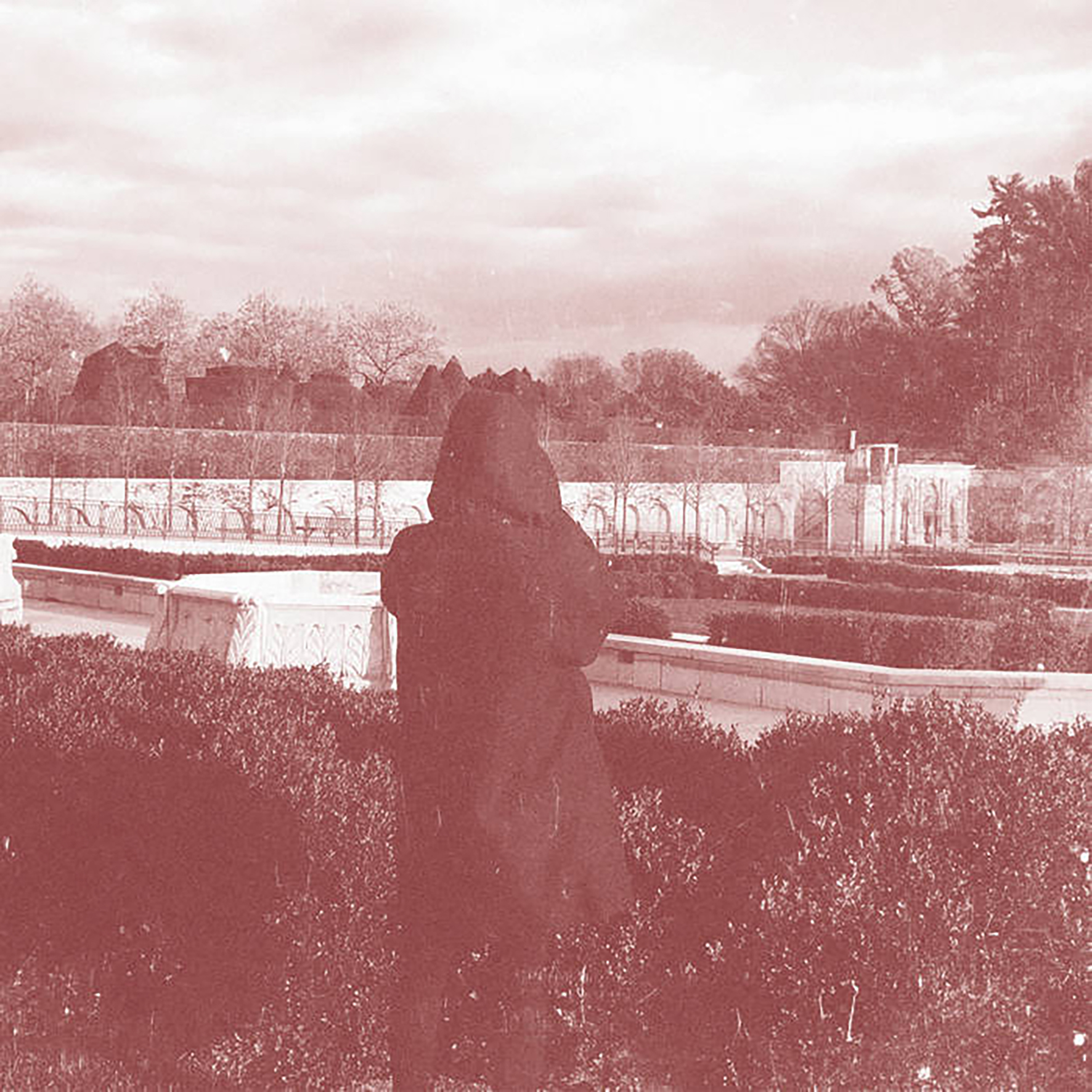 This is Pietrusko's first solo album under his own name, but sound art enthusiasts will likely remember his previous outing as Six Microphones (2019). Elegiya is a radically different release, however, as it comfortably fits within the more ambient/drone side of Room40's aesthetic on its surface. Beneath the surface, however, lies a roiling emotional intensity that sometimes becomes downright volcanic. As befits the album's title, Pietrusko drew his inspiration from elegies, but does so in a very unconventional way, as he was most fascinated by themes of repetition and shifting context. As he himself puts it, "the creation and performance of an elegy, however, is not an experience of this original sorrow but is instead its repetition." The more interesting part, however, is that Pietrusku "attempts to capture the contradictory condition of a macro-level stasis versus a tumultuous interior." In more practical terms, that means that Elegiya transforms five piano motifs into a suite of beautifully melancholy ambient pieces that self-destruct into frayed, blown-out eruptions of emotional catharsis.
This is Pietrusko's first solo album under his own name, but sound art enthusiasts will likely remember his previous outing as Six Microphones (2019). Elegiya is a radically different release, however, as it comfortably fits within the more ambient/drone side of Room40's aesthetic on its surface. Beneath the surface, however, lies a roiling emotional intensity that sometimes becomes downright volcanic. As befits the album's title, Pietrusko drew his inspiration from elegies, but does so in a very unconventional way, as he was most fascinated by themes of repetition and shifting context. As he himself puts it, "the creation and performance of an elegy, however, is not an experience of this original sorrow but is instead its repetition." The more interesting part, however, is that Pietrusku "attempts to capture the contradictory condition of a macro-level stasis versus a tumultuous interior." In more practical terms, that means that Elegiya transforms five piano motifs into a suite of beautifully melancholy ambient pieces that self-destruct into frayed, blown-out eruptions of emotional catharsis.
The album kicks off in supremely crushing fashion with the epic "Pershing Red Skies," which sets an impossibly high bar for everything that follows. The piece deceptively opens with warm swells of billowing chords, but that proves to be a mirage, as everything gradually becomes sharper, louder, and more frayed en route to being ripped open by seismic waves of juddering synth-like tones. At times it favorably calls to mind Oval or Tim Hecker, but it mostly feels like an great ambient piece whose wake of overtones unexpectedly refracted back something roaring, alive, and all-consuming (like a feedback monster attacking heaven). While "Pershing Red Skies" is unquestionably the album's zenith, the other eight pieces offer similarly deft variations of the same nightmarish inversion. For example, "Iru Descent" sounds like a ghostly factory that manufactures clouds of menacing dissonance, while "UTM 39N" feels like thick, viscous drones slowly undulating and oozing across a desolate prairie towards a distant train. The latter is my second favorite piece on the album, but just about everything on Elegiya blossoms into a memorably intense crescendo of some kind. Usually that crescendo resembles something akin to a Tim Hecker album getting sucked into a gnarled, curdled, and squirming extradimensional horror, which is just fine by me. That said, Pietrusko proves impressively inventive in finding cool news ways to ravage beauty, such as transforming heavenly choruses into snarling, infernal roars or materializing a demonically possessed Victrola inside a quietly churning, hissing soundscape. Given how unrecognizably mutilated some passages feel, I have no idea which instruments Pietrusko's palette included beyond piano, but the whole album feels like someone opened a Pandora's Box of corroded classical music fragments and enigmatic field recordings that transform a somber occasion into something far more visceral and unpredictable. Pietrusko has achieved something truly impressive with Elegiya, crafting a poignant, haunted-sounding drone opus that is repeatedly torn apart from within by a clawing, thrashing elemental force.
Samples can be found here.
Read More

